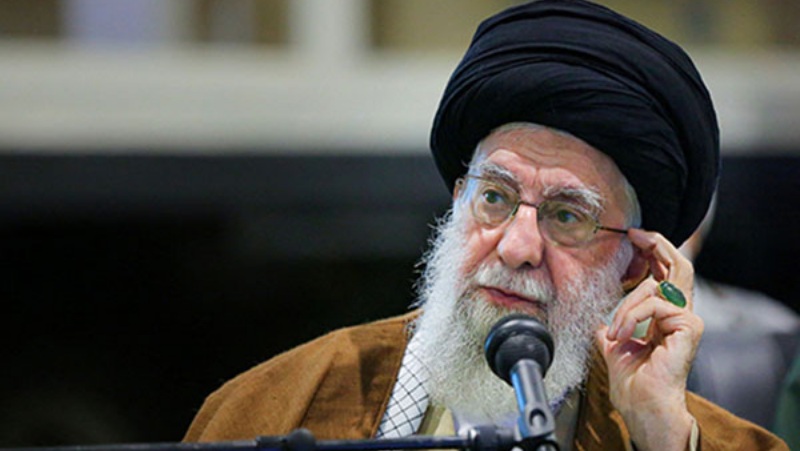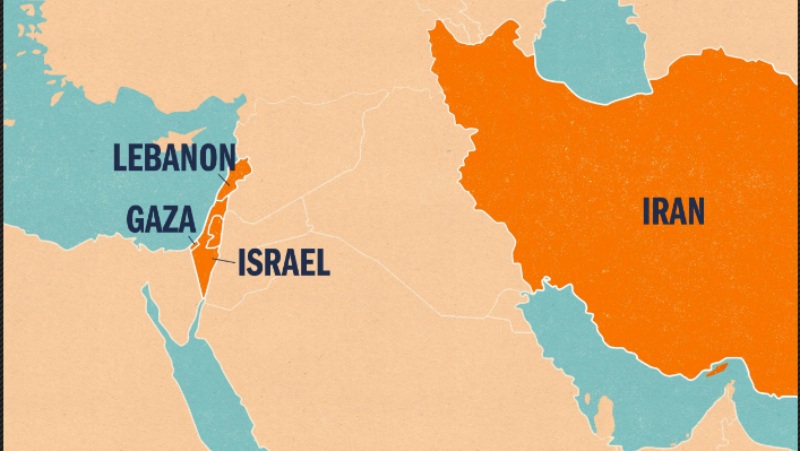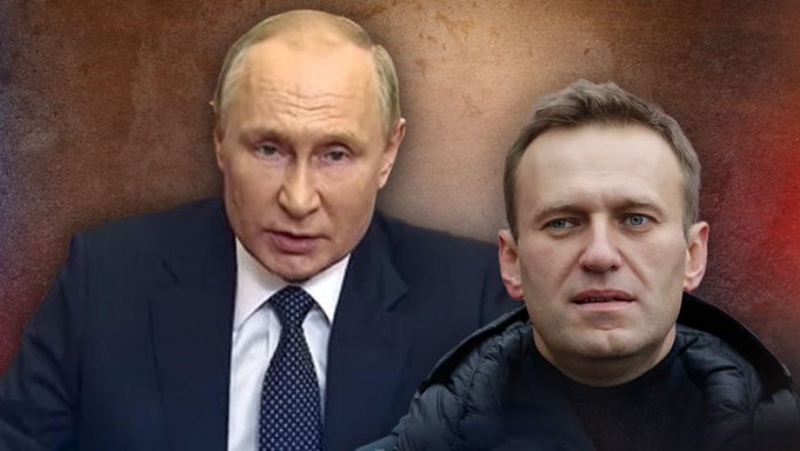 Brasilia. Brazilians sick of corrupt politicians hit the streets to protest austerity measures. Brazilian unions have ratcheted up the pressure on president Michel Temer with a nationwide general strike that closed schools, disrupted transport networks and led to clashes with public security in several cities.
Brasilia. Brazilians sick of corrupt politicians hit the streets to protest austerity measures. Brazilian unions have ratcheted up the pressure on president Michel Temer with a nationwide general strike that closed schools, disrupted transport networks and led to clashes with public security in several cities.
Demonstrators in Rio de Janeiro and São Paulo blocked key roads with barricades of burning tires. Riot police used teargas and percussion grenades to try to disperse the crowds and open the routes.
Brazil’s corruption inquiry list names all the power players – except the president
Domestic media said it was the biggest general strike in decades, with protests reported in 26 states and strikes by teachers, bus drivers, healthcare providers, oil industry workers and public servants.
While the widespread no-show for work was partly driven by the long May Day holiday weekend, it also highlights frustrations with the government, which is struggling to push through social security cuts and a reform of the pension system.
Many voters are furious that politicians are insisting on the need for cuts in benefits and public services even as evidence grows that they benefited personally from illegal kickbacks on overinflated contracts.
Eight cabinet ministers have been implicated in the Lava Jato (Car Wash) investigation into corruption at the country’s two biggest companies, Petrobras and Odebrecht. President Temer’s approval ratings have slipped into single digits, similar to the level of his predecessor, Dilma Rousseff, when she was impeached last year.
Government spokesman Alexandre Parola played down the significance of the industrial action. “A strike is a part of democracy. It’s acceptable as long as participants stay within the law. The country is still functioning,” he noted.






















